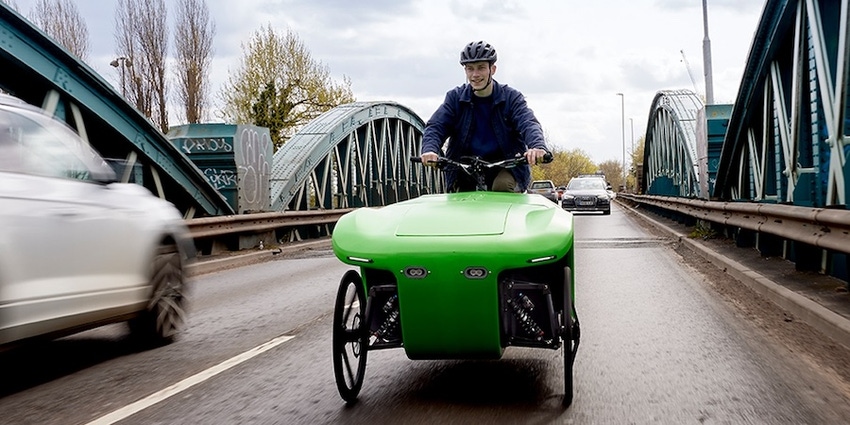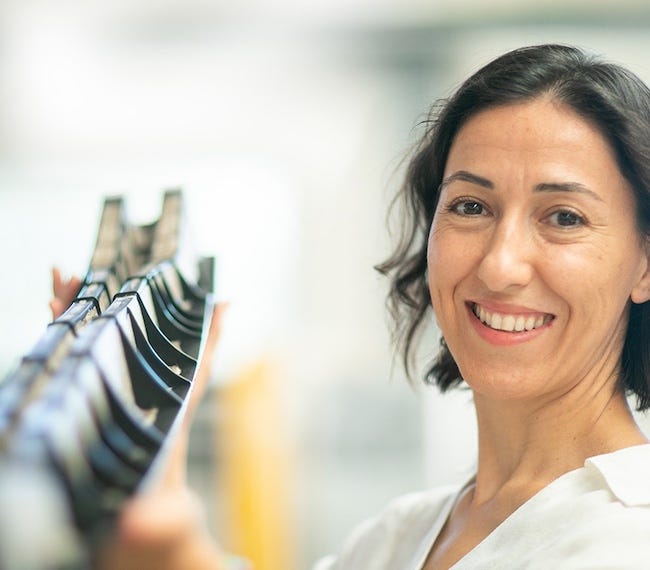Leading Turkish Tire Cord Maker Enters Biocomposites Sector
Kordsa invests in BPREG, a company developing industrial biocomposites using organic fibers.
February 13, 2024

At a Glance
- Kordsa adds advanced materials capabilities to portfolio
- Environmentally friendly alternatives are also cost competitive
- Several polymer matrixes suited for various applications and industries
Kordsa, a global player in the tire, construction reinforcement, and composite technologies markets, has invested in BPREG, a company developing industrial biocomposites using organic fibers. This investment aims to extend Kordsa's pioneering role in advanced materials for the biocomposite market, offering environmentally friendly alternatives to its customers.
Domestic and international opportunities
Kordsa’s investment in BPREG will not only contribute to the company's growth but also open up opportunities to share knowledge and technology expertise both domestically and internationally. Kordsa’s production facilities, capable of hosting BPREG's mass production processes, will make BPREG's product portfolio available to Kordsa's customers in various parts of the world.

Biocomposite performance is on par with synthetic incumbents. Image courtesy of Kordsa.
BPREG's biocomposite solutions, spanning different sectors such as automotive, mobility, aviation, sports equipment, and consumer products, will not only reduce the carbon footprint in product/part manufacturing but also provide high performance and lightweighting, accelerating the transition to sustainable materials, according to Kordsa. The biocomposite materials produced through the BPREG and Kordsa collaboration also promise a natural appearance, making them suitable for aesthetic applications.
Diverse polymer base
BPREG combines products obtained from organic fibers with different polymers through a patented production technique, resulting in high-performance, sustainable, and industrially user-friendly composite materials across a range of industries. By enabling sustainable manufacturing without compromising on high performance or lightweighting requirements, BPREG remains in line within those industries’ price expectations, as well.
Low carbon emissions
Organic fibers are highly suitable for biocomposites. Organic fibers not only absorb carbon from the air and convert it into oxygen but are also suitable for drought-resistant crops. Industrial biocomposites derived from organic fibers used for non-food consumption show similar performance in terms of lightweight and mechanical properties compared with synthetic composites, but have much lower carbon emissions.
Biocomposite technologies are attracting attention from global companies in various industries, especially automotive. They are expected to be one of the most rapidly growing sectors in coming years.
BPREG was one of eight selected startups to earn investment through the "Sabancı ARF Almost Ready to Fly" program, initiated by Sabancı Holding in 2022 and culminating in the graduation of its first cohort in recent months.
About the Author(s)
You May Also Like




